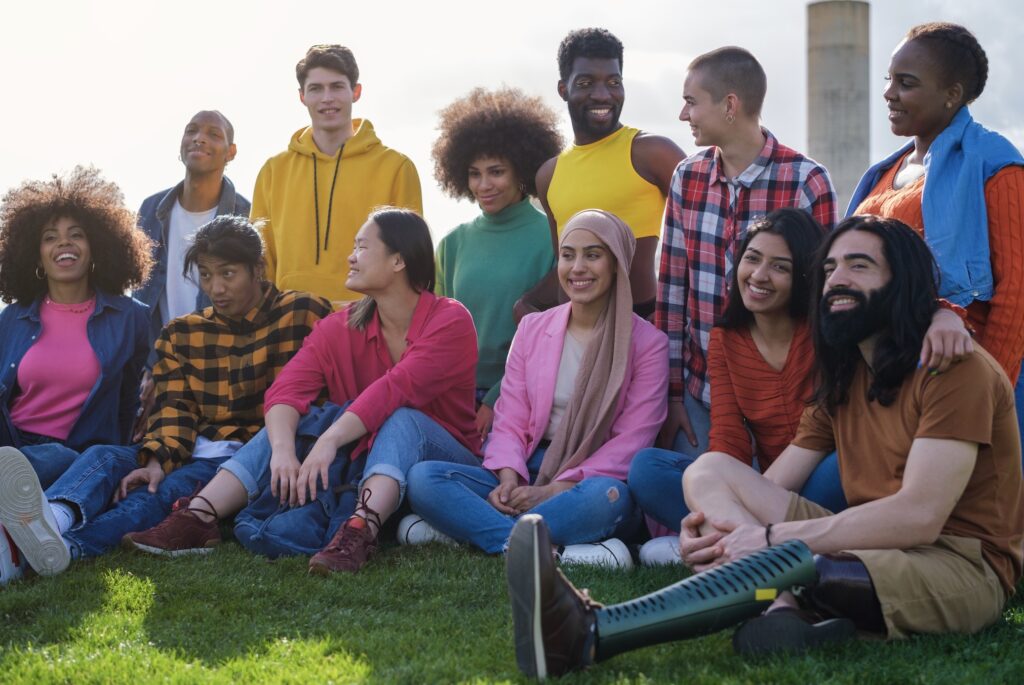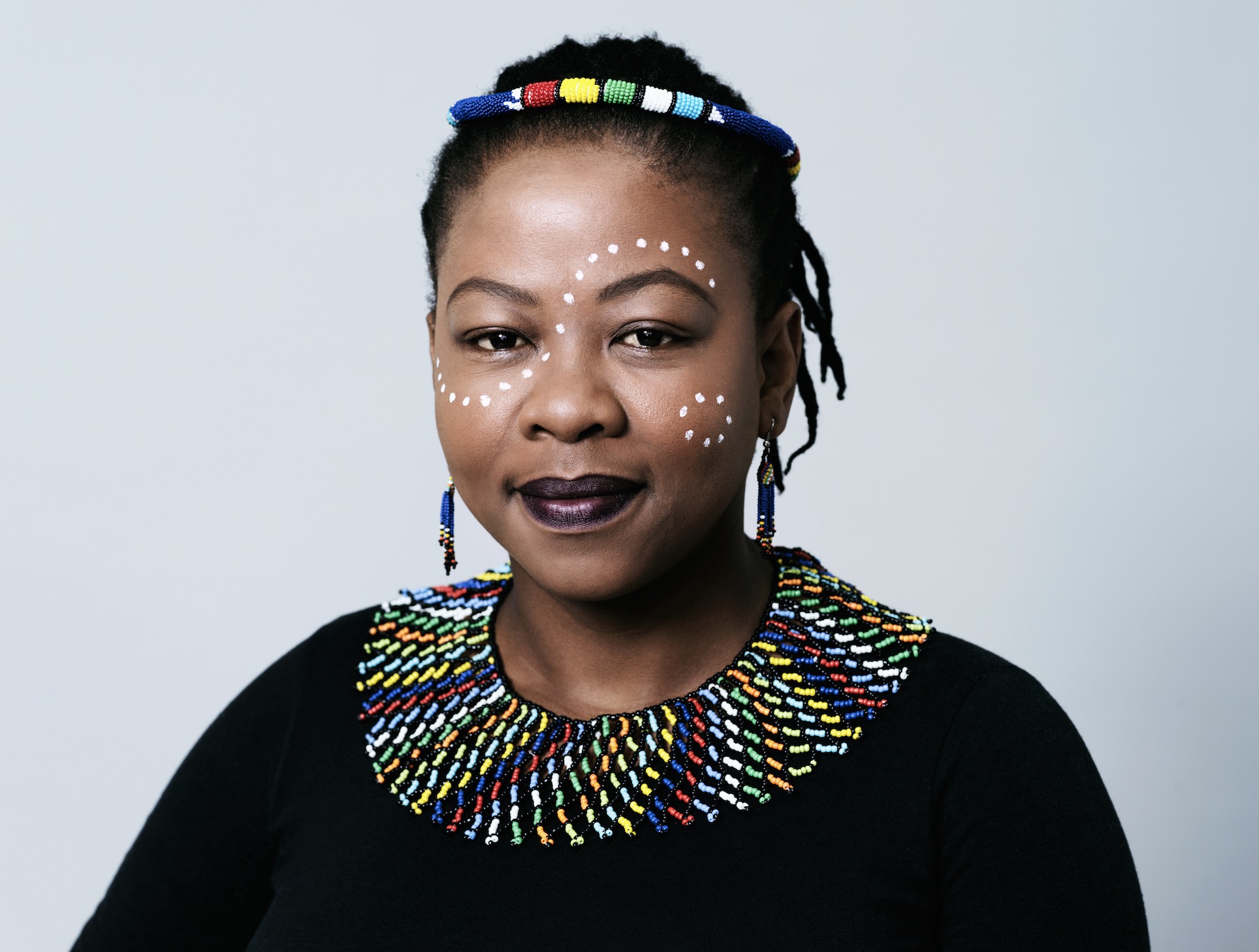Stories can give people problem-solving skills and empathy by presenting complex situations and diverse perspectives that encourage readers to think critically and emotionally connect...
How Does Heritage Day Bring Unity and Close the Gaps of the Past in South Africa? – Essay
The celebration of heritage brings unity by fostering a shared sense of identity and pride among people. It connects individuals to their roots and helps bridge the gap between diverse cultures by showcasing their unique histories, traditions, and values. Through these celebrations, people develop a collective understanding and appreciation of their common origins and the diverse paths that have shaped their community.
Here’s how the celebration of heritage contributes to unity:
- Cultural Awareness: Increases understanding and respect for different customs and practices, reducing prejudices and promoting acceptance.
- Preservation of Traditions: Encourages the preservation of cultural practices and languages, which might otherwise be lost, strengthening community bonds.
- Educational Opportunities: Provides educational experiences for younger generations, teaching them about their history and the importance of diversity.
- Community Engagement: Brings people together through events and festivals, which facilitates dialogue and builds relationships among community members.
- Economic Benefits: Often, heritage celebrations can boost local economies through tourism and local crafts, which creates shared economic prosperity and fosters a sense of common purpose.
By valuing and celebrating heritage, communities can enhance their cohesion and create a more inclusive and supportive environment for all their members.
Essay
In South Africa, Heritage Day, celebrated on the 24th of September, is a profound national holiday that recognises and celebrates the cultural wealth of the nation. It’s a day that reflects the country’s complex history, marked by apartheid, colonialism, and the struggle for freedom, and how its diverse cultures contribute to the nation’s identity. This essay delves into how Heritage Day in South Africa fosters unity and addresses historical divisions.
In a nutshell, Heritage Day brings unity and closes the gaps of the past in South Africa through:
- Celebrating Cultural Diversity: By showcasing the rich tapestry of cultures within the nation, Heritage Day encourages mutual respect and appreciation among different communities, fostering a sense of belonging and unity.
- Remembering Shared Histories: The day serves as a reminder of South Africa’s complex history, including the struggles against apartheid and colonialism, helping to build a shared national identity based on collective memories and experiences.
- Promoting Social Cohesion: Through various nationwide activities and events, such as communal braais (barbecues) and cultural exhibitions, Heritage Day provides opportunities for South Africans to come together, bridging social and cultural divides.
- Educational Impact: Heritage Day plays a crucial role in educating the younger generation about the country’s history and the importance of diversity, democracy, and unity, ensuring that the lessons of the past are remembered and valued.
- Acknowledging and Honoring the Struggle for Freedom: The day pays tribute to the heroes of the liberation struggle, acknowledging their sacrifices and inspiring a sense of pride and unity among all South Africans in the face of their common history of resistance and resilience.
Honouring Diverse Cultural Heritage to Foster Unity
Heritage Day in South Africa is a vibrant celebration of the rich tapestry of cultures that make up the nation’s identity. From the Zulu to the Xhosa, the Afrikaners to the Coloureds, and the Indian community, each group has its unique traditions and histories that are celebrated on this day.
- Promotion of Cultural Understanding: By showcasing the diverse cultural practices and histories of South Africa’s various ethnic groups, Heritage Day encourages understanding and appreciation among these communities. This mutual respect is fundamental to building a unified national identity.
- Breaking Down Historical Barriers: The day provides an opportunity for South Africans to reflect on their shared history of oppression and resistance. It acts as a bridge, connecting people through their collective memory of the struggle for freedom and equality, thereby helping to heal the divisions of the past.
Commemorating the Struggle for Freedom to Close Historical Gaps
Heritage Day is not just a celebration of cultural diversity but also a day to remember the long and arduous struggle against apartheid. This aspect of the holiday plays a critical role in closing the gaps left by South Africa’s troubled past.
- Recognition of Shared Struggles: The day pays homage to the heroes of the liberation struggle, acknowledging their sacrifices for freedom and democracy. This recognition helps to close the historical gaps by reminding all South Africans of their common fight against oppression.
- Educational Impact: Heritage Day serves as an educational tool that fosters a deeper understanding among the younger generation of South Africa’s history. Through events and narratives shared on this day, young people learn about the injustices of the past and the importance of unity and democracy, ensuring that the lessons of history are not forgotten.
Encouraging National Unity Through Celebration
The celebration of Heritage Day in South Africa is a powerful expression of national unity. Through its emphasis on diversity and shared history, the day plays a vital role in knitting the fabric of the South African nation more tightly together.

- Cultural Festivals and Events: Across the country, South Africans engage in a variety of activities, from braais (barbecues) which transcend cultural boundaries, to cultural exhibitions, dances, and music performances. These events serve as gatherings that bring people from different backgrounds together, promoting social cohesion and national unity.
- The Role of “Braai Day”: The informal nickname for Heritage Day, “Braai Day,” emphasizes the idea that sharing a meal is a universal way to connect people. This aspect of the celebration is a fun and inclusive way to encourage unity across cultural divides, symbolizing the nation’s diversity and the common ground found in celebrating together.
Conclusion
Heritage Day in South Africa plays a crucial role in promoting unity and bridging the historical gaps that have long divided the nation. By honouring the diverse cultural heritage of its people and commemorating the struggle for freedom, the day reinforces the values of mutual respect, understanding, and a shared national identity. In celebrating Heritage Day, South Africans reaffirm their commitment to overcoming the challenges of the past and building a united and prosperous nation for future generations.




